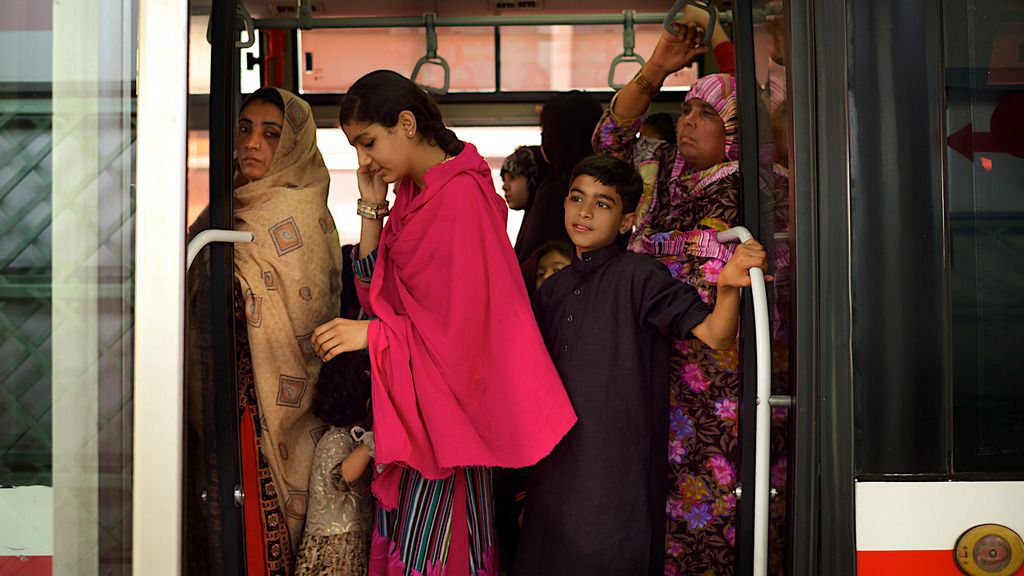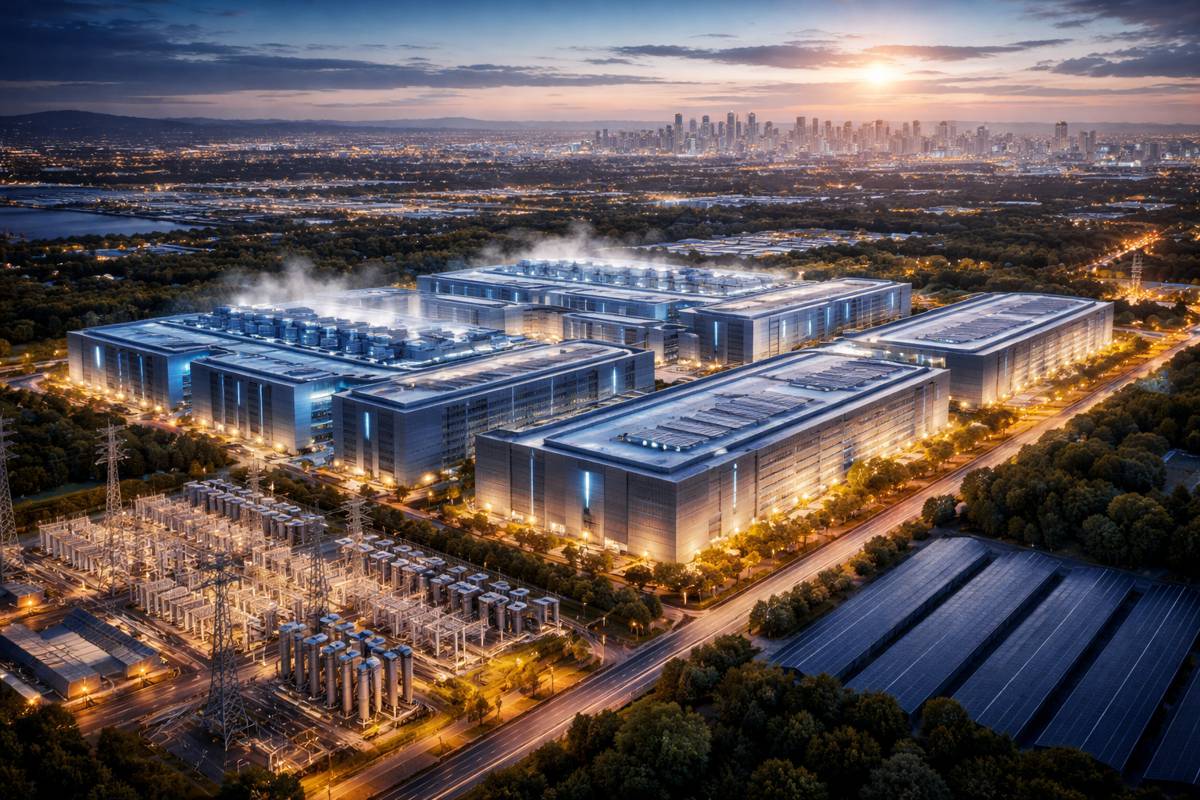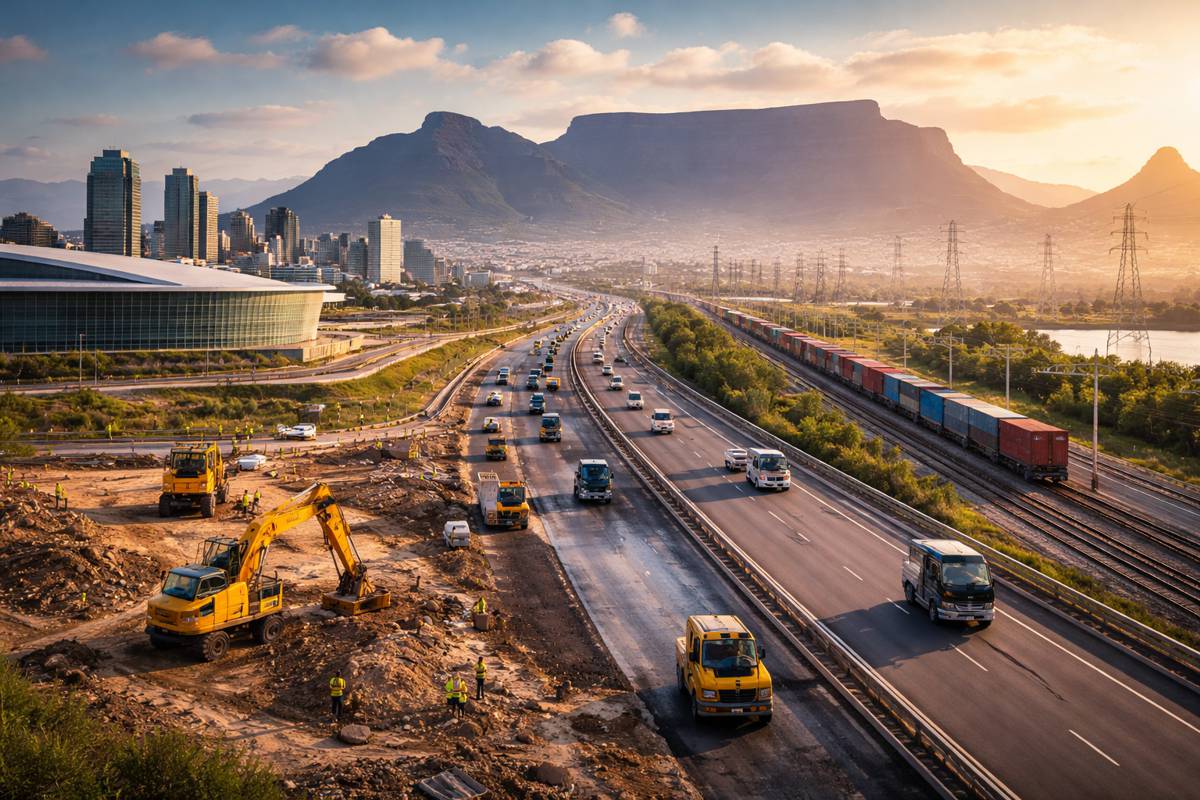ADB supports Bus Rapid Transit System in Karachi to improve public transport
The Asian Development Bank (ADB) has approved a $235 million loan to help develop a bus rapid transit (BRT) system with innovative energy and climate resilience features that will enhance access to quality public transport for people in Karachi, Pakistan’s largest and most populated city.
The Karachi Bus Rapid Transit Red Line Project will deliver the 26.6 kilometre (km) Bus Rapid Transit Line Red Line corridor and associated facilities benefiting as many as 1.5 million people, about 10% of Karachi’s population, who live within a kilometre of a Red Line BRT station. More than 300,000 passengers per day are expected on the Red Line BRT routes. ADB will partially administer two $100 million loans from the Asian Infrastructure Investment Bank and the Agence Française de Développement to jointly finance the project’s civil works and equipment costs.
“There is a need for a more sustainable, reliable, safe, and gender and environment-friendly transportation system in a city as dense and rapidly growing as Karachi. A sustainable transportation system will not only solve the city’s mobility issue but also its growing pollution problem,” said ADB Principal Urban Development Specialist (Transport) for Central and West Asia Mr. David Margonsztern. “The BRT system, with its innovative features, will address all these issues, improving the overall quality of lives of people in the city.”
The project will restructure the entire width of the Red Line BRT corridor, including the construction of 29 stations and dedicated lanes along the 26.6 km stretch; improvement of the mixed-traffic roadway with up to six lanes in each direction; inclusion of on-street parking and landscaped green areas in various locations; improvement of the drainage system to climate-proof the corridor; and installation of nonmotorized transport infrastructure such as bicycle lanes, improved sidewalks, and energy-efficient street lights.
The project will also establish sustainable BRT operations in Karachi by improving the capacity of relevant transport authorities; designing the BRT business model and subsidy-free operations; implementing a bus industry transition program, including a fleet scrapping program and compensation mechanism; developing an effective public communications campaign; and delivering the BRT fleet, feeder e-vehicles, intelligent transport system, and a biogas plant.

ADB will also administer a $37.2 million loan and an $11.8 million grant from the Green Climate Fund (GCF). The GCF grant will finance climate change adaptation measures, including innovative drainage features such as bioswales (landscape elements designed to concentrate or remove debris and pollution out of surface runoff water); post-project emissions’ monitoring activities; and feeder e-vehicles. The GCF loan, meanwhile, will finance the biogas plant and the incremental cost of the transition from basic diesel bus technology to compressed natural gas hybrid bus technology, with the biomethane extracted from cattle waste.
ADB is committed to achieving a prosperous, inclusive, resilient, and sustainable Asia and the Pacific, while sustaining its efforts to eradicate extreme poverty. In 2018, it made commitments of new loans and grants amounting to $21.6 billion. Established in 1966, it is owned by 68 members—49 from the region.





























